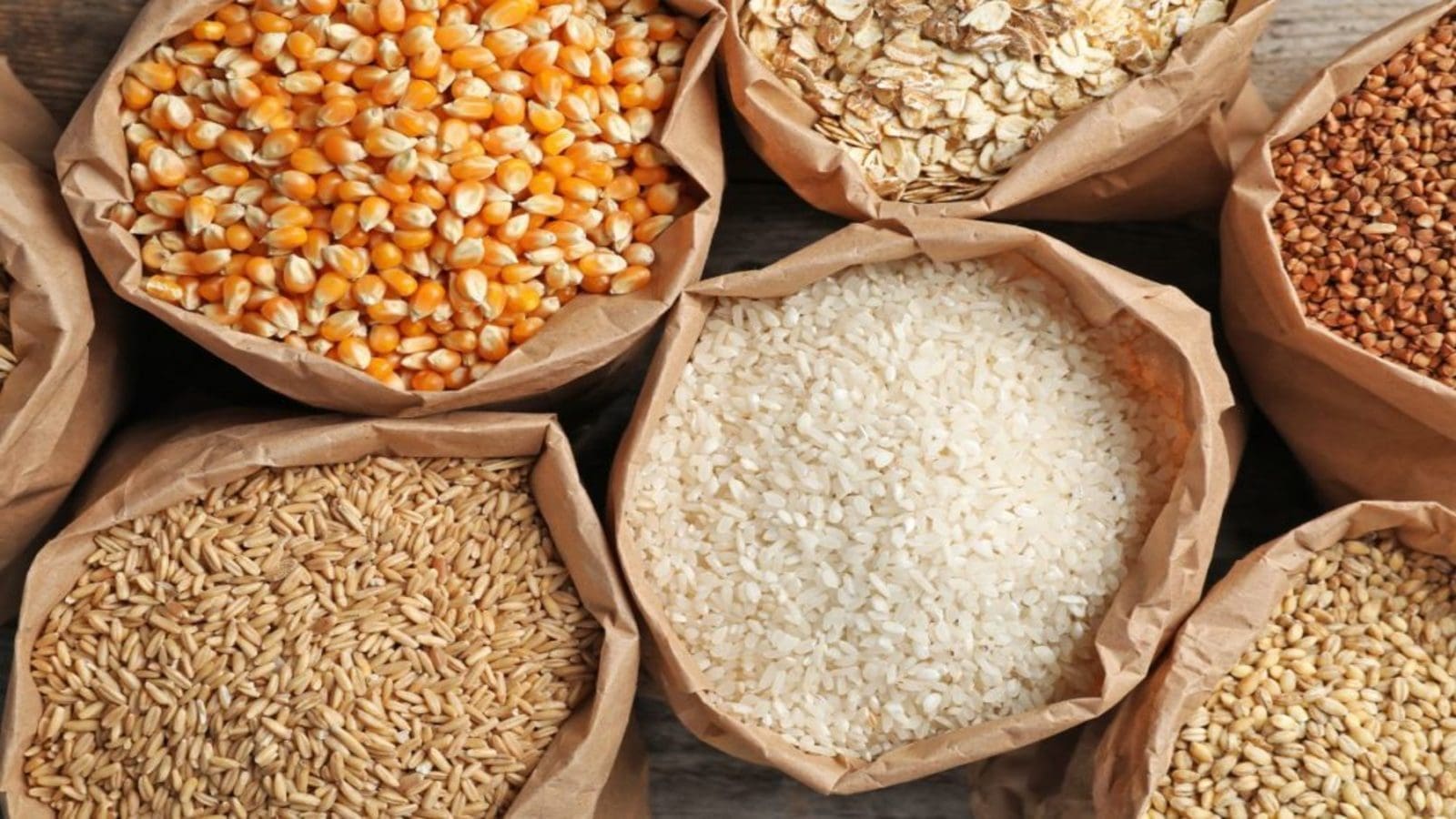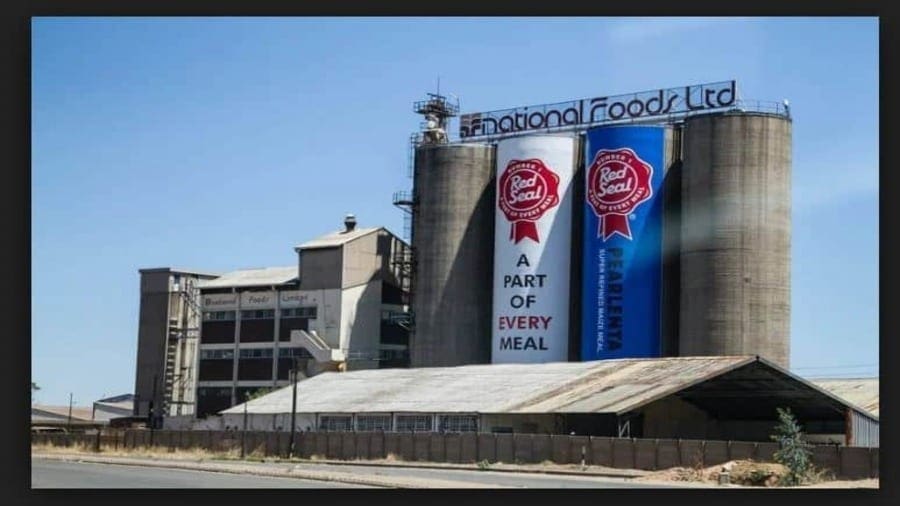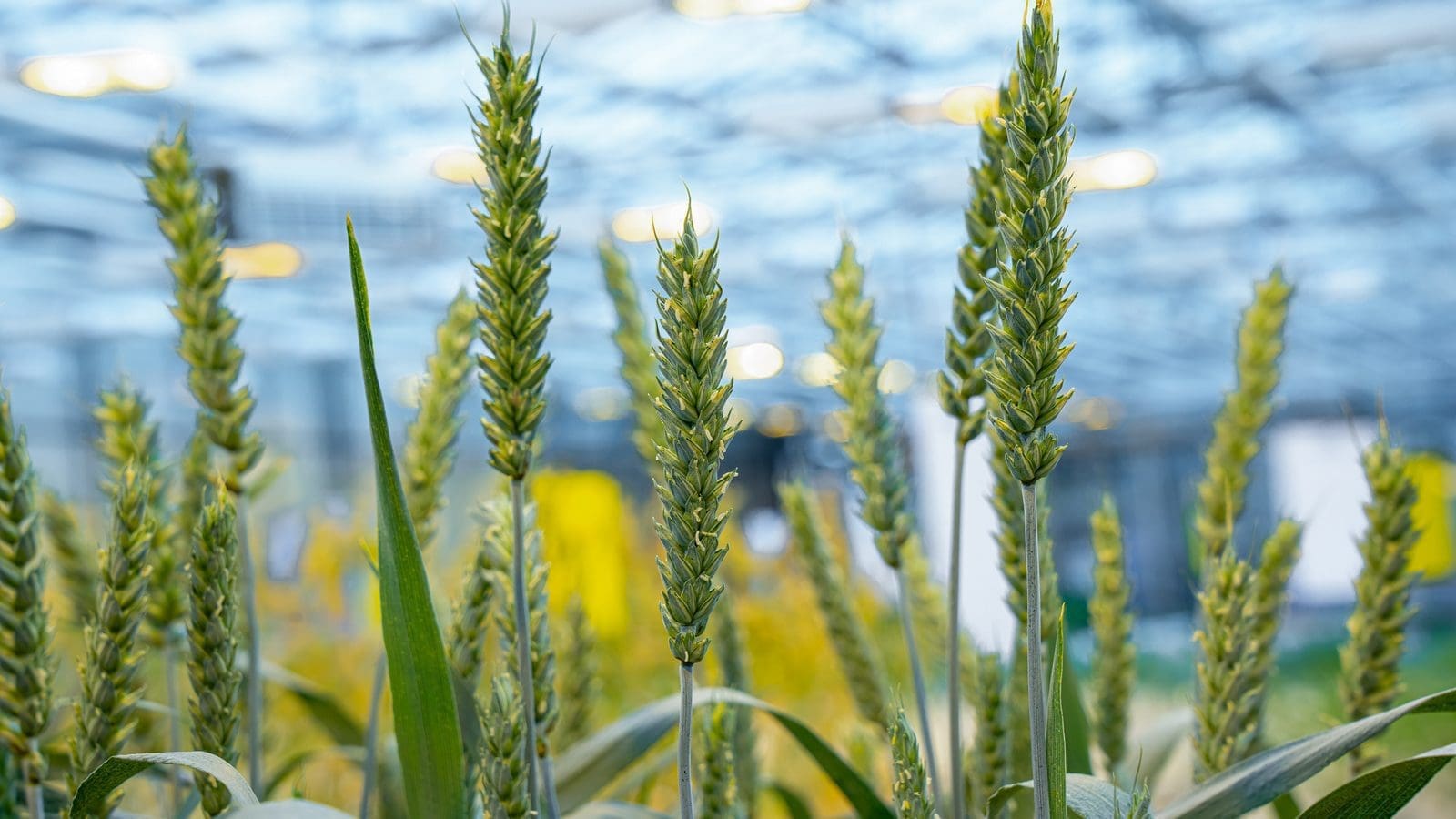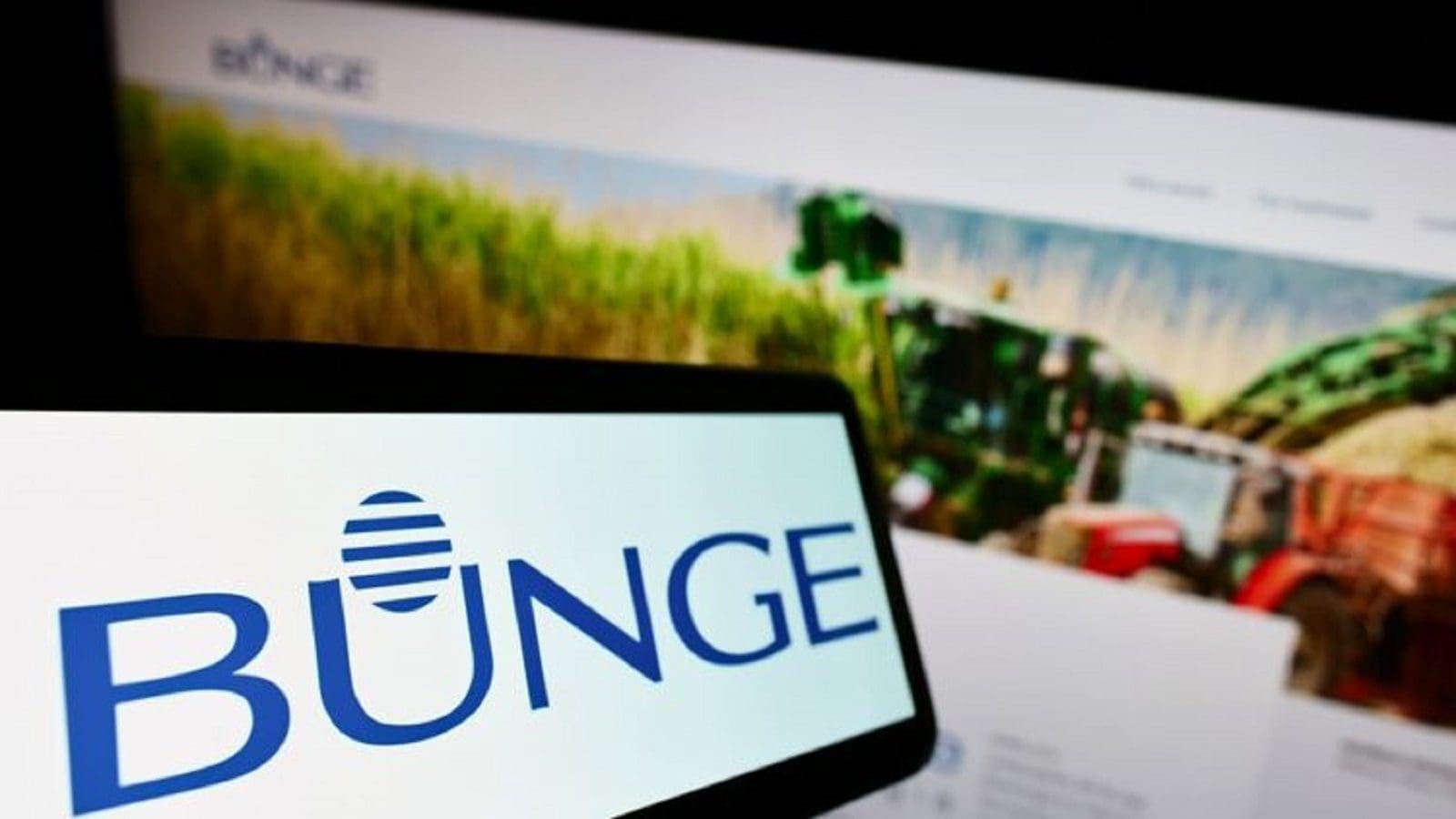AFRICA – Households will continue digging deeper in their pockets to afford a meal of maize, rice, or even wheat as cereal prices cease to ease on high inflation, the Star News reports.
This is according to the latest market monitor by Food and Agriculture Organization (FAO), the April edition covering the month of March, noting that cereal prices closed the month higher than two weeks before.
Earlier, The World Bank in its latest food security update report noted that domestic food price inflation remains high globally with major grain prices remaining mostly unchanged since January.
FAO reports that inflation-driven cereal prices will remain high in import-reliant low and middle countries despite the gradual decline of food commodity prices globally.
According to the report, prices of all three cereal products increased, with maize, wheat, and rice closing the month of March at 3%, 2%, and 1% higher, respectively, than two weeks before.
Further, FAO added that on a year-on-year basis, maize and wheat prices are 15% and 37% lower, respectively, whereas rice prices are 16% higher.
Maize and wheat prices are 26% and 7% higher respectively, while rice prices are 5% lower compared to the period before Covid-19.
The organization notes that cereal prices are still above the pre-shock levels, ascribed to the biting inflation being witnessed across almost all low- and middle-income countries.
According to the World Bank, inflation levels are above 5% in about 83% of low-income countries and 93% of lower-middle-income countries.
In Kenya, inflation stood at 9.2% as of March, according to the Kenya National Bureau of Statistics (KNBS) on the back of costs of food, transport, and non-alcoholic beverages.
According to experts, this mark is way above the statutory requirement of 7.5%, with experts projecting a further rise on the back of the weakening shilling against the Us dollar which has put more pressure on importers with increased import costs.
Positively, FAO notes that, with the renewal of the Black Sea Grain Initiative on March 18, 2023, FAO says there is hope for continued recovery from the food price shocks of the past year.
However, it suggests that further measures must be taken to ensure net food importing countries receive sufficient supplies of food at affordable prices.
“There are still many bottlenecks hindering the full potential of the deal, including a slowdown of ship inspections and high insurance costs,” FAO says.
For all the latest grains industry news from Africa, the Middle East and the World, subscribe to our weekly NEWSLETTERS, follow us on LinkedIn and subscribe to our YouTube channel










